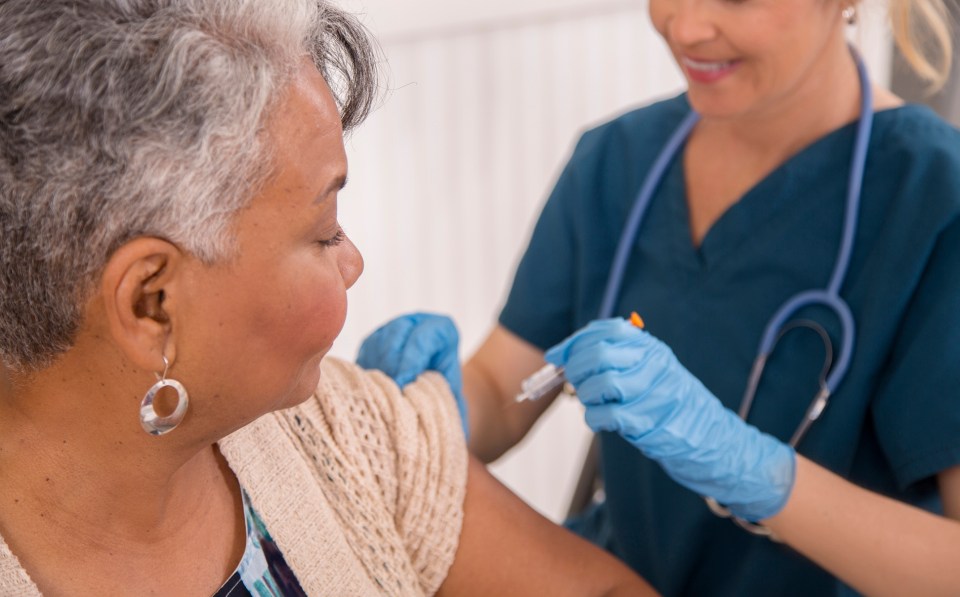Mason, a weightlifter with years of experience and training, slowly pushed a heavy weight bar over his head. Just as it passed his forehead, a mind-numbing explosion of pain in his head brought him to his knees. Isabella slowly sank down into her hot bath to enjoy her favorite part of the day, a quiet soak in the tub. As she leaned back to breathe in the steam, her head erupted with the harshest pain she had ever felt. Carter and Zoe’s kids had finally fallen asleep, leaving the couple to enjoy a quiet evening. But all the sudden Carter’s head burst into blazing pain.
All three experienced the worst headache of their lives and known as a “thunderclap headache.” But should those who’ve experience such headaches be concerned, and who needs to worry if they just had a headache that could be deadly?
It may sound melodramatic, but one study, “Headaches that Kill,” looked at the characteristics of people who die shortly after complaining of the sudden onset of a severe headache. Recognizing a severe headache as a deadly headache is difficult. Headaches are so common that a Google search yields over 175 million results. There are sinus headaches, tension headaches, migraines and stress headaches, but what makes a deadly headache different? The vast majority of people will experience a headache during their lives, so how do you know if one particular headache is the one that requires a trip to the emergency room?
The Thunderclap Headache
Imagine that you are sitting quietly in your favorite chair when an unexpected lightning flash and thunderclap startle you. Now imagine that this takes place inside your head. Headaches are common, so do you go to the emergency room, call your doctor the next morning or just wait to see if it ever occurs again? The right decision might save your life.
Doctors worry that blood leaking from a brain aneurysm causes these thunderclap headaches. Aneurysms have weak spots that gradually increase in size until they rupture. This may lead to severe brain damage or even death. The warning headache has been called a “sentinel” headache but only occurs in 10-43% of people with an aneurysmal rupture. These small leaks that lead to the thunderclap headache can occur days to weeks before a massive rupture.
Knowing the Signs
The problem lies in misdiagnosis. These headaches are often ignored or blamed on other harmless situations that can also cause explosive headaches. There are “red flags,” which alert the patient and doctor that immediate action is needed:
- Feeling that it’s the worst headache of one’s life
- Being over 50 years of age
- Loss of consciousness or collapse
- Neurological symptoms such as arm or leg numbness or weakness, slurred speech or seizures
What Should You Do?
It certainly seems confusing. The sudden onset of a thunderclap headache may be the only warning of a deadly condition. On the other hand, the vast majority of the time these headaches are benign and not a cause for alarm. I would argue that the risk of doing nothing is too high. We educate people to call 911 and go to the emergency room if they think they are having a stroke or a heart attack. Most of us understand that sense of urgency.
If you experience the “new” onset of an explosive thunderclap headache that you consider the worst headache of your life, go to the emergency room. Insist that they perform a CT scan of your brain. The latest generation of scanners are nearly 100% accurate in detecting blood in the brain. That accuracy declines rapidly over time, so don’t object if the doctor also wants to do a spinal tap. It just may save your life. You wouldn’t ignore crushing chest pain, so don’t ignore a raging thunderstorm in your head.
The content of this site is for informational purposes only and should not be taken as professional medical advice. Always seek the advice of your physician or other qualified healthcare provider with any questions you may have regarding any medical conditions or treatments.




